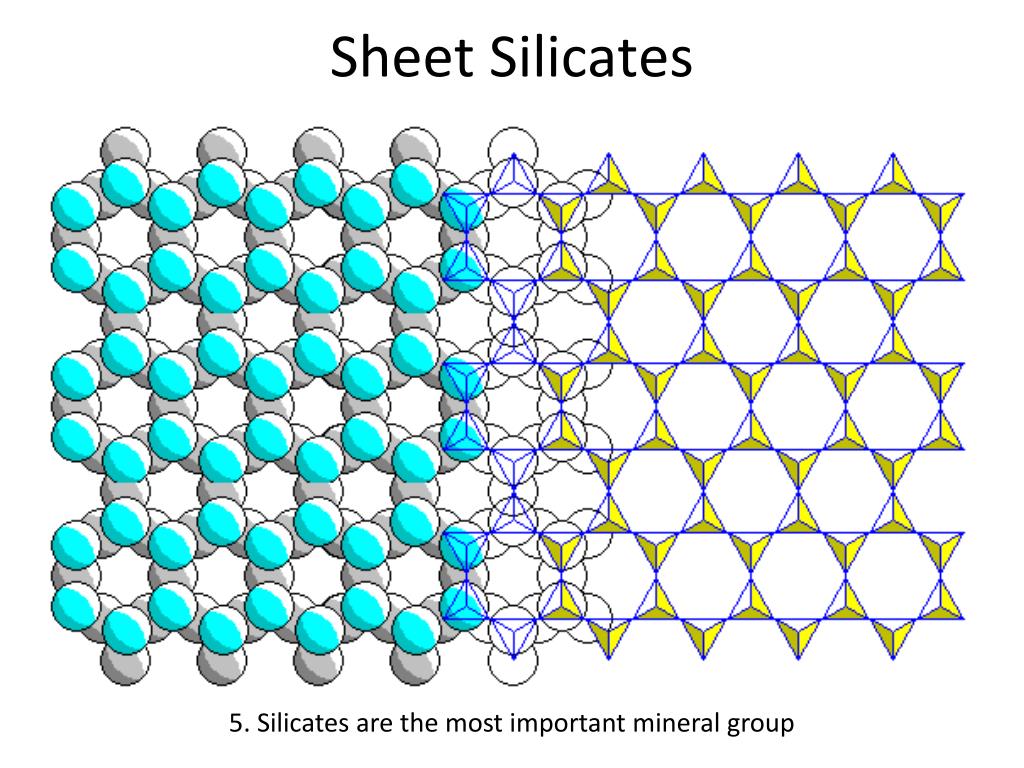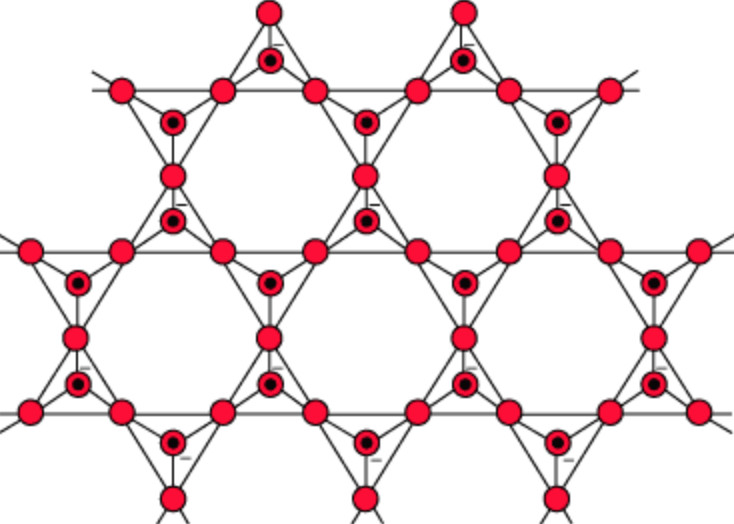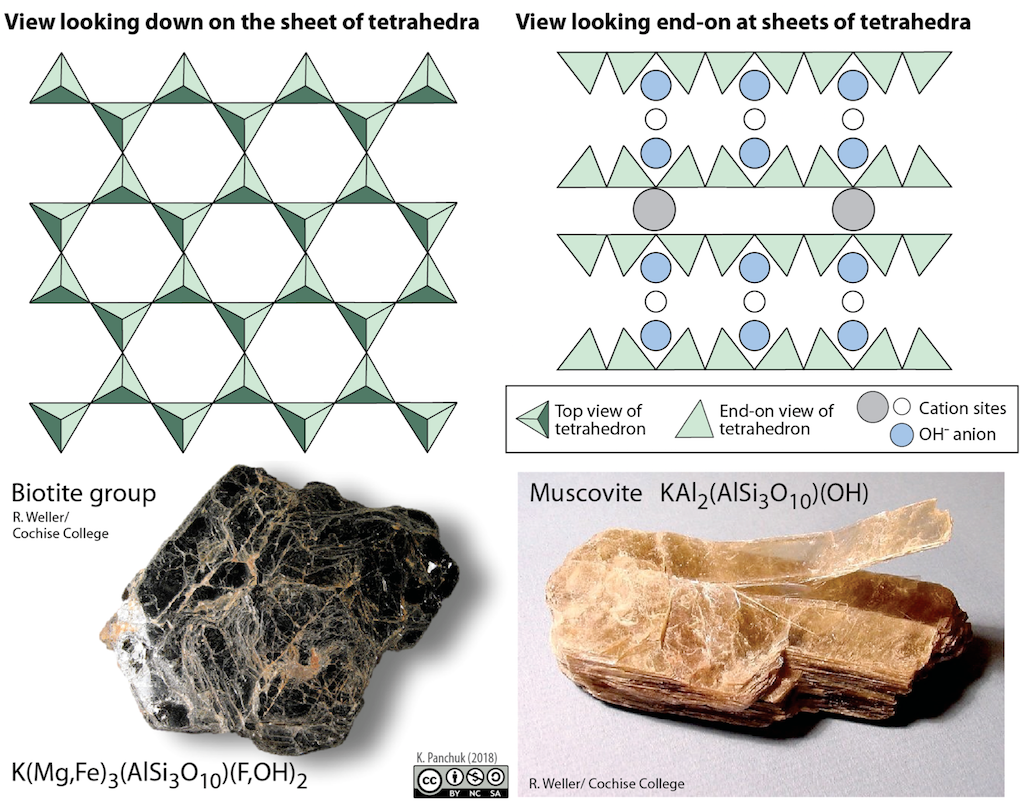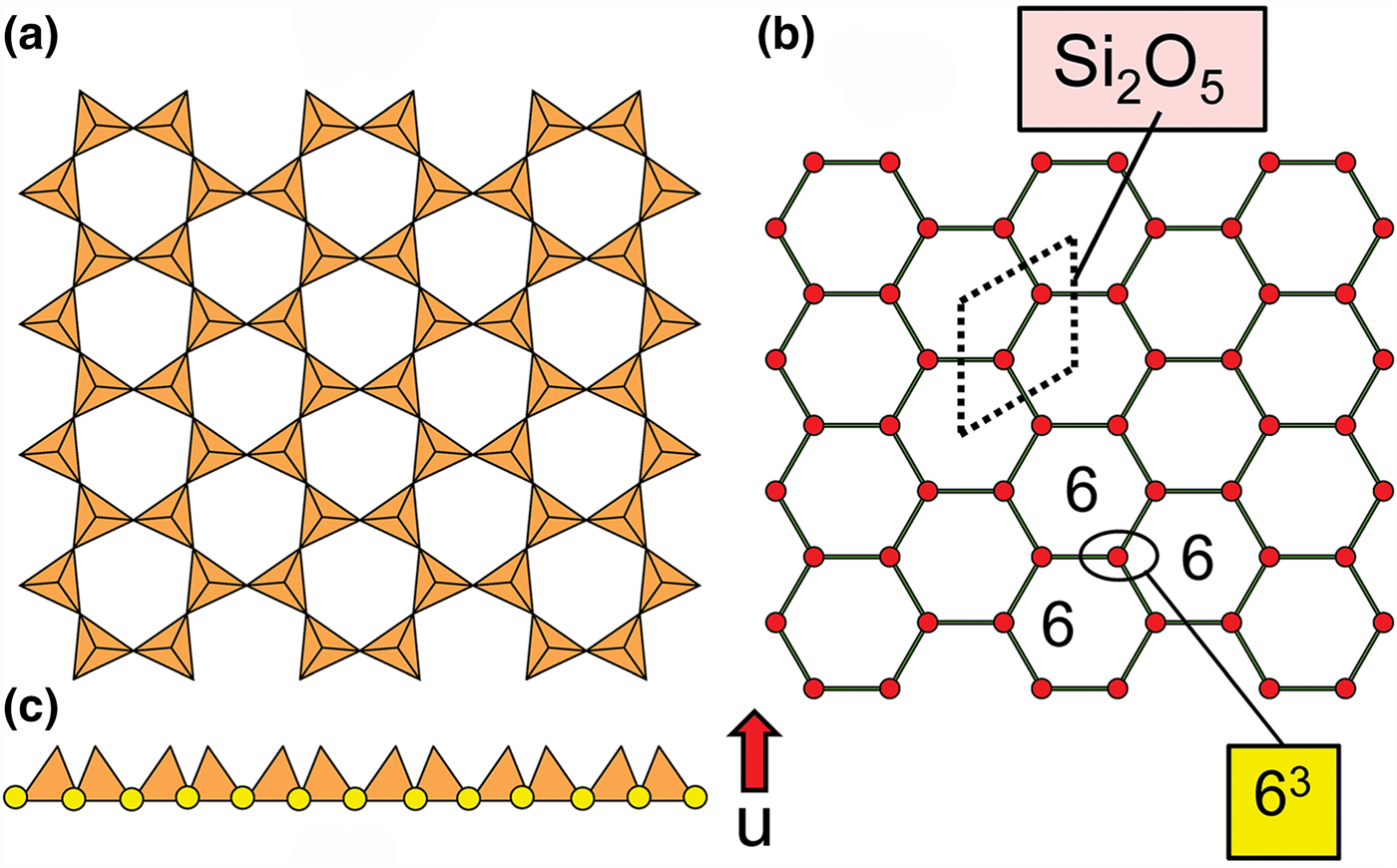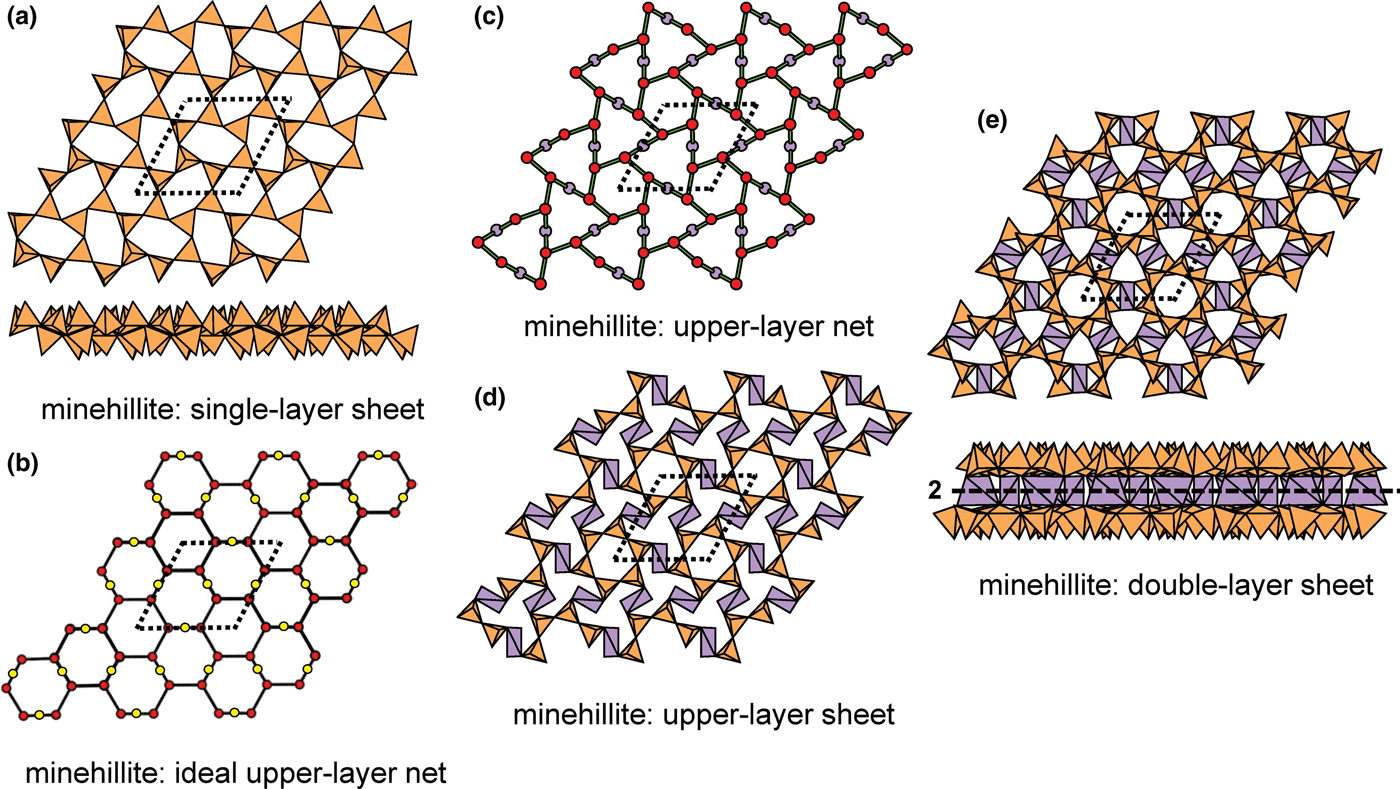Silicate Sheets - Sheet silicates are planar structures containing several different kinds of layers. One consequence is that sheet silicates can. On heating, they lose adsorbed and constitutional water and at high. Chemically, all clay minerals are hydrous silicates, of mg or al.
Chemically, all clay minerals are hydrous silicates, of mg or al. On heating, they lose adsorbed and constitutional water and at high. One consequence is that sheet silicates can. Sheet silicates are planar structures containing several different kinds of layers.
Chemically, all clay minerals are hydrous silicates, of mg or al. On heating, they lose adsorbed and constitutional water and at high. One consequence is that sheet silicates can. Sheet silicates are planar structures containing several different kinds of layers.
Different silicate sheets based on planar (6 3 ) n nets, showing the
Chemically, all clay minerals are hydrous silicates, of mg or al. One consequence is that sheet silicates can. On heating, they lose adsorbed and constitutional water and at high. Sheet silicates are planar structures containing several different kinds of layers.
PPT Minerals PowerPoint Presentation, free download ID439009
Sheet silicates are planar structures containing several different kinds of layers. On heating, they lose adsorbed and constitutional water and at high. Chemically, all clay minerals are hydrous silicates, of mg or al. One consequence is that sheet silicates can.
Silicates Chemistry, Class 11, pBlock Elements
Chemically, all clay minerals are hydrous silicates, of mg or al. Sheet silicates are planar structures containing several different kinds of layers. One consequence is that sheet silicates can. On heating, they lose adsorbed and constitutional water and at high.
5.4 Silicate Minerals Physical Geology H5P Edition
Chemically, all clay minerals are hydrous silicates, of mg or al. One consequence is that sheet silicates can. Sheet silicates are planar structures containing several different kinds of layers. On heating, they lose adsorbed and constitutional water and at high.
Silicate Definition, Structure, Classification, Examples, Uses and
Sheet silicates are planar structures containing several different kinds of layers. Chemically, all clay minerals are hydrous silicates, of mg or al. On heating, they lose adsorbed and constitutional water and at high. One consequence is that sheet silicates can.
A structure hierarchy for silicate minerals sheet silicates
On heating, they lose adsorbed and constitutional water and at high. One consequence is that sheet silicates can. Sheet silicates are planar structures containing several different kinds of layers. Chemically, all clay minerals are hydrous silicates, of mg or al.
PPT Minerals Building Blocks of Rocks PowerPoint Presentation, free
Chemically, all clay minerals are hydrous silicates, of mg or al. Sheet silicates are planar structures containing several different kinds of layers. One consequence is that sheet silicates can. On heating, they lose adsorbed and constitutional water and at high.
A structure hierarchy for silicate minerals sheet silicates
Chemically, all clay minerals are hydrous silicates, of mg or al. One consequence is that sheet silicates can. On heating, they lose adsorbed and constitutional water and at high. Sheet silicates are planar structures containing several different kinds of layers.
A structure hierarchy for silicate minerals sheet silicates
On heating, they lose adsorbed and constitutional water and at high. Chemically, all clay minerals are hydrous silicates, of mg or al. Sheet silicates are planar structures containing several different kinds of layers. One consequence is that sheet silicates can.
PPT Chapter 22 Chemistry of the Nonmetals PowerPoint Presentation
Chemically, all clay minerals are hydrous silicates, of mg or al. Sheet silicates are planar structures containing several different kinds of layers. One consequence is that sheet silicates can. On heating, they lose adsorbed and constitutional water and at high.
One Consequence Is That Sheet Silicates Can.
Chemically, all clay minerals are hydrous silicates, of mg or al. Sheet silicates are planar structures containing several different kinds of layers. On heating, they lose adsorbed and constitutional water and at high.

